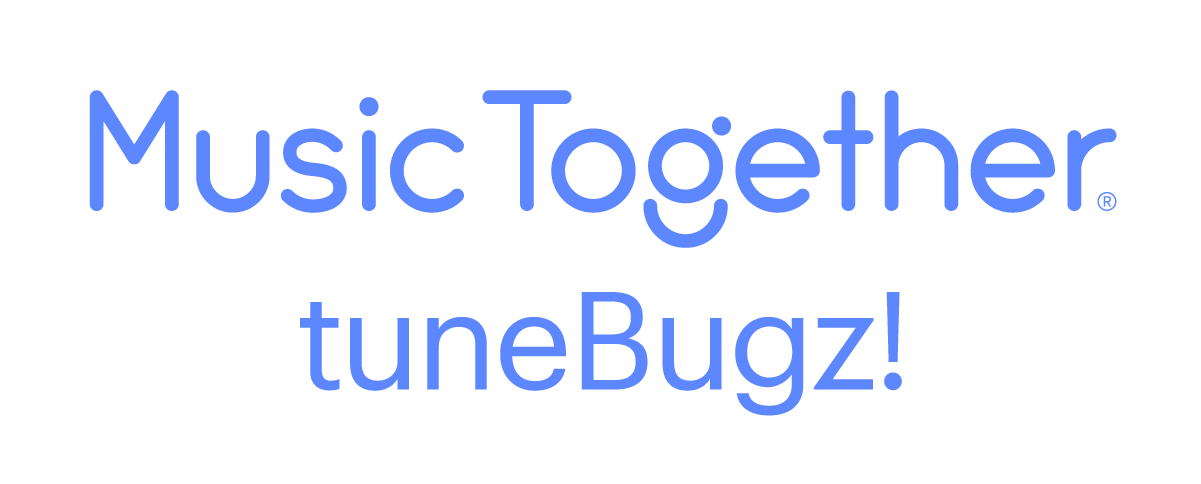Rich music and movement experiences are critical to young children - babies, toddlers and preschoolers for a number of reasons.
Here are some of the benefits of joining early, and staying engaged with music making through early childhood:
- Cognitive development: Music and movement can help develop their cognitive skills, such as memory, attention, and problem-solving. For example, when babies, toddlers and preschoolers listen to music, they learn to recognize patterns and rhythms. This helps them to develop their auditory processing skills, which are important for language development.
- Language development: Music and movement can also help children develop their language skills. When children start to sounding and eventually singingg along to songs, they learn new words and how to use them in sentences. They also learn about the rhythm and cadence of language, which helps them becocme more eloquent speakers and active listeners.
- Social-emotional development: Music and movement can help children develop their social-emotional skills. When children sing, dance or play with musical instruments, they learn to interact with others and express their emotions. This helps them to develop their self-regulation skills and learn how to appreciate the work of others and feel good expressing their own art.
- Motor development: Music and movement can also help babies develop their fine and gross motor skills. When babies move to the beat of music, they learn to coordinate their movements and improve their balance and coordination. Using fingerplays and hands to manifpulate small instruments they get lots of fine motor practice. When they attempt to move to music in a coordinated way, they develop the skills they need to walk, run, and play.
- Overall development: Music and movement can help babies, toddlers and preschoolers develop in all areas because music and movement engage all of the senses and help children learn in a fun and stimulating way.
Music and movement experiences are a great place to start because there are so many different ways to incorporate music and movement into your baby's day. Singing about what you are doing (changing diapers/bathing/eating/going for a car ride etc..), making time for movement which benefits everyone (yoga, stretching, dance party, walking/running/jogging), playing musical instruments, or just listening to to your favorite music together or going out to hear a live performance at a coffee shop, club or the local ballet or orchestra. The most important thing is to make it fun and enjoyable for both you and your kiddo. By enrolling in music class you are getting music from around the world, being exposed to new genres and getting new songs and ideas that help support the musical fun so there's always old favorites to enjoy but you are also introducing new emotions, new concepts, new instruments, and giving your child a healthy 'musical diet'.
The basics for mastering music and movement support at home are:
- Start early: You can start introducing music and movement to your baby from birth. Even newborns can enjoy listening to music and moving their bodies = we even have specific classes for Babies Only to focus on the first 9 months of life.
- Make it fun: The most important thing is to make music and movement fun for both you and your kiddo! If they are not enjoying themselves, they are not going to get the benefits. Learning that happens naturally through playful interactions has the strongest chance of 'sticking' - add the parent and that liklihood is multiplied, add the encouragement of the community and you might just be awakening a lifelong musician in your child!
- Be creative: There are many different ways to incorporate music and movement into your child's day. Be creative and have fun with it - never miss a chance to sing, dance or play music whereever you are and whatever you are doing.
- Join in: The best way to get your baby excited about music and movement is to join in yourself. Sing along, dance along, and play musical instruments with them. You are their favorite person and they love what you love and value in your family.


